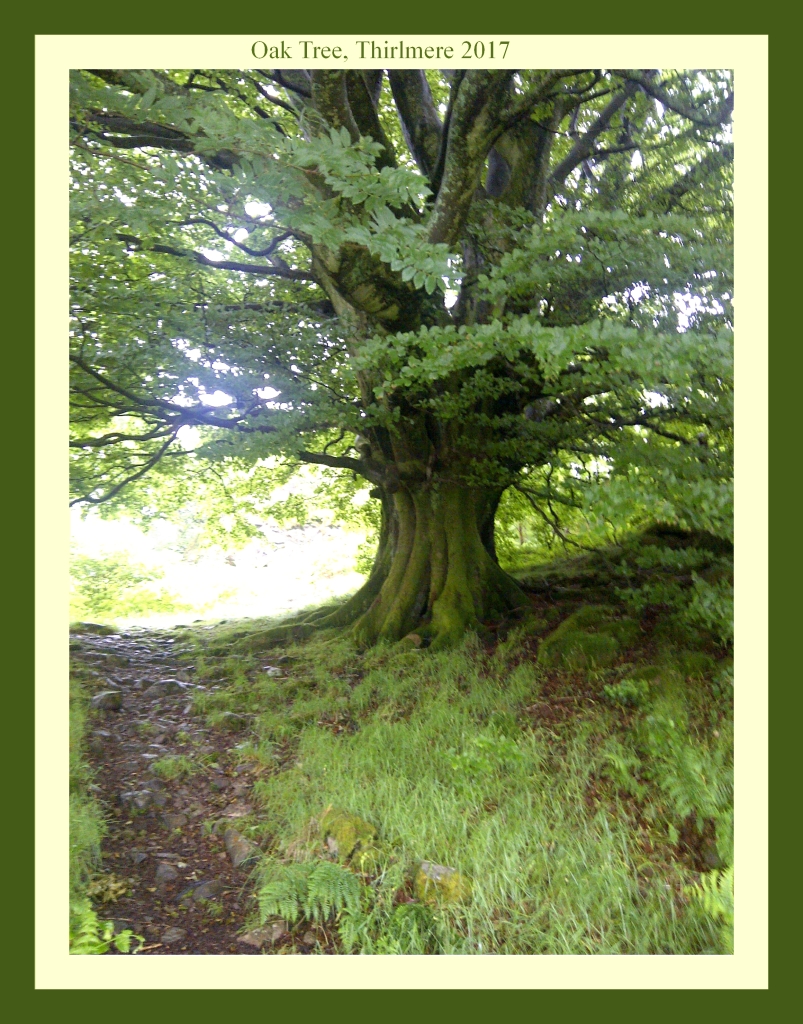I didn’t post last week as I was on holiday. I’ll tell you about it in my next blog.
Overview
An exciting story that keeps you on the edge of your seat throughout.
Story
Andrea has left her safe home and finds herself in British Columbia. Here she gets a job on the wharf where she meets Jim, an attractive fisherman. They go on a few dates and she finds herself falling for him. But Jim goes to visit his family and makes no contact.
Along comes Robert. Handsome, strong, charming Robert. Thinking she’s been dumped by Jim, Andrea gets engaged to Robert. Many people warn her that he’s not what he seems, but without being specific, so she marries him.
She soon discovers her mistake.
Characters
The characters are true to life.
We meet Andrea as she starts her job on the wharf and experience her mistakes as a rookie. She is a likeable character, but like us all, makes wrong decisions with regard to her life. She is vulnerable and strong at the same time.
Jim is a kind and likeable man. The reader can’t help but like him and it’s ‘Oh no!’ when Andrea decides he’s dumped her.
Robert is charming and handsome at the start, but he has a dreadful flaw. We come to root for anyone who opposes him.
Then there’s Michelle, a French Canadian. Andrea shares an apartment with her. She is very supportive of Andrea. A likeable person.
Writing
The writing is good. I don’t think I found any typos or grammatical errors. It is told in the first person.
There are a couple of chapters where the Point of View character changes from Andrea. This confused me in a chapter near the end, but it soon became clear.
Ms Purchase brings us right into the action. We are on the edge of our seats, rooting for Andrea. She keeps the tension going throughout.
There’s a sequel. Yay! I’m off to read it now.
I gave it 5*
My ranking of books.
In order to get a particular number of stars, it is not necessary to meet all the criteria. This is a guide only.
5* Exceptional. Wonderful story. Setting well drawn, and characters believable–not perfect, but with flaws. Will keep you up all night. No typos or grammatical errors.
4* A thoroughly enjoyable read. Great and original story. Believable setting and characters. Very few grammatical errors or typos.
3* I enjoyed it. Good story. Characters need some development. Some typos or grammatical errors.
2* Not for me. Story not very strong. Unbelievable and flat characters. Setting not clearly defined. Many typos or grammatical errors.
1* I hated it. Story almost non-existent. Setting poor. Possibly couldn’t finish it.










